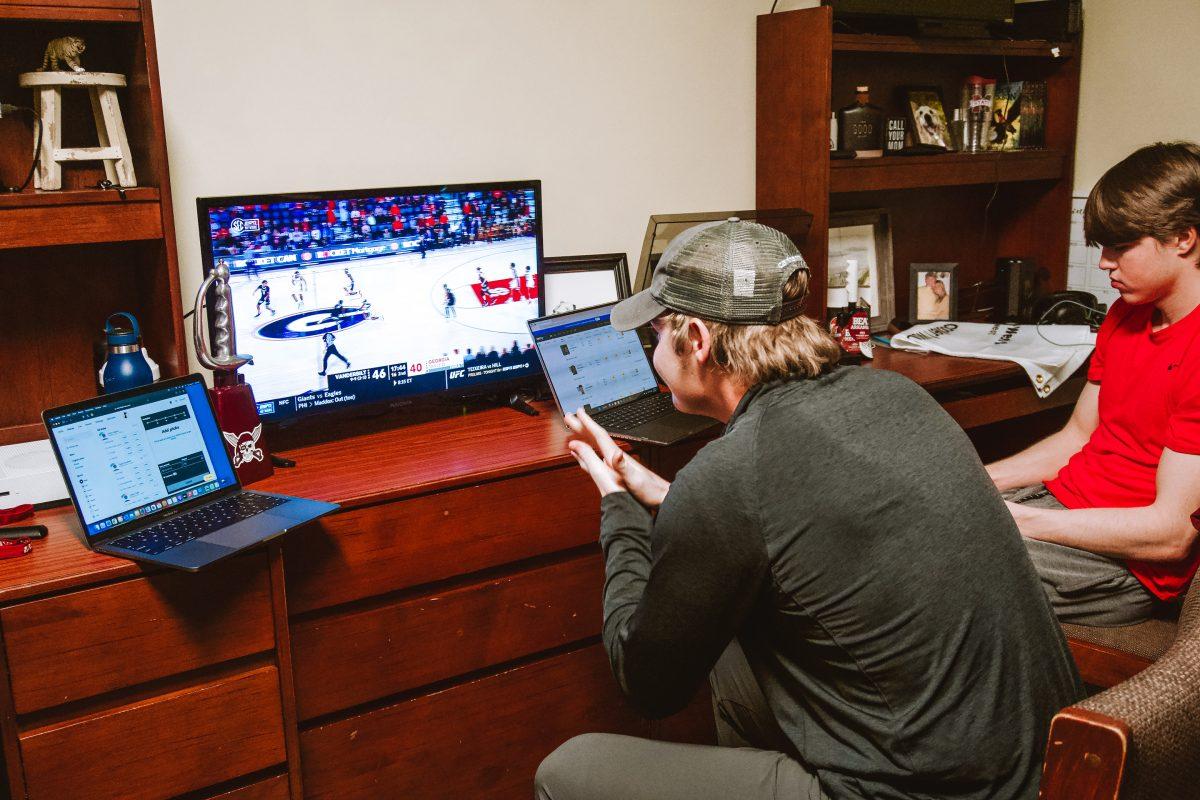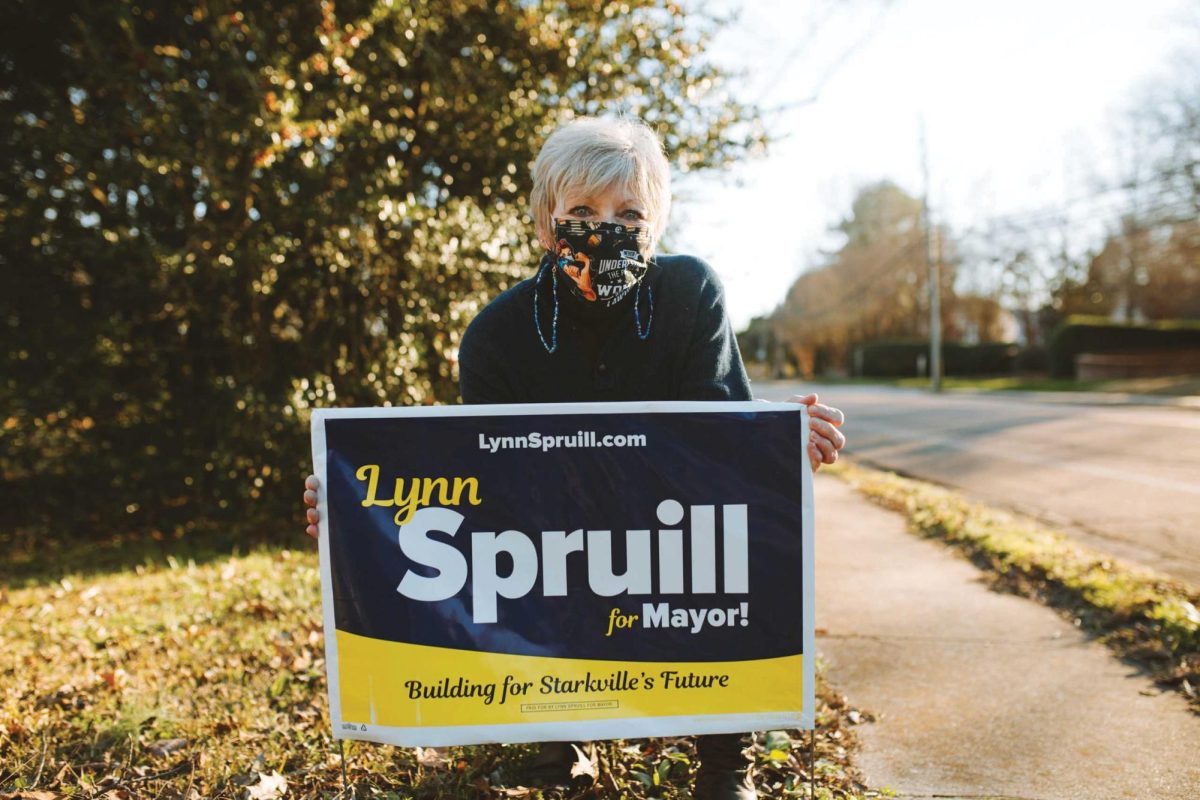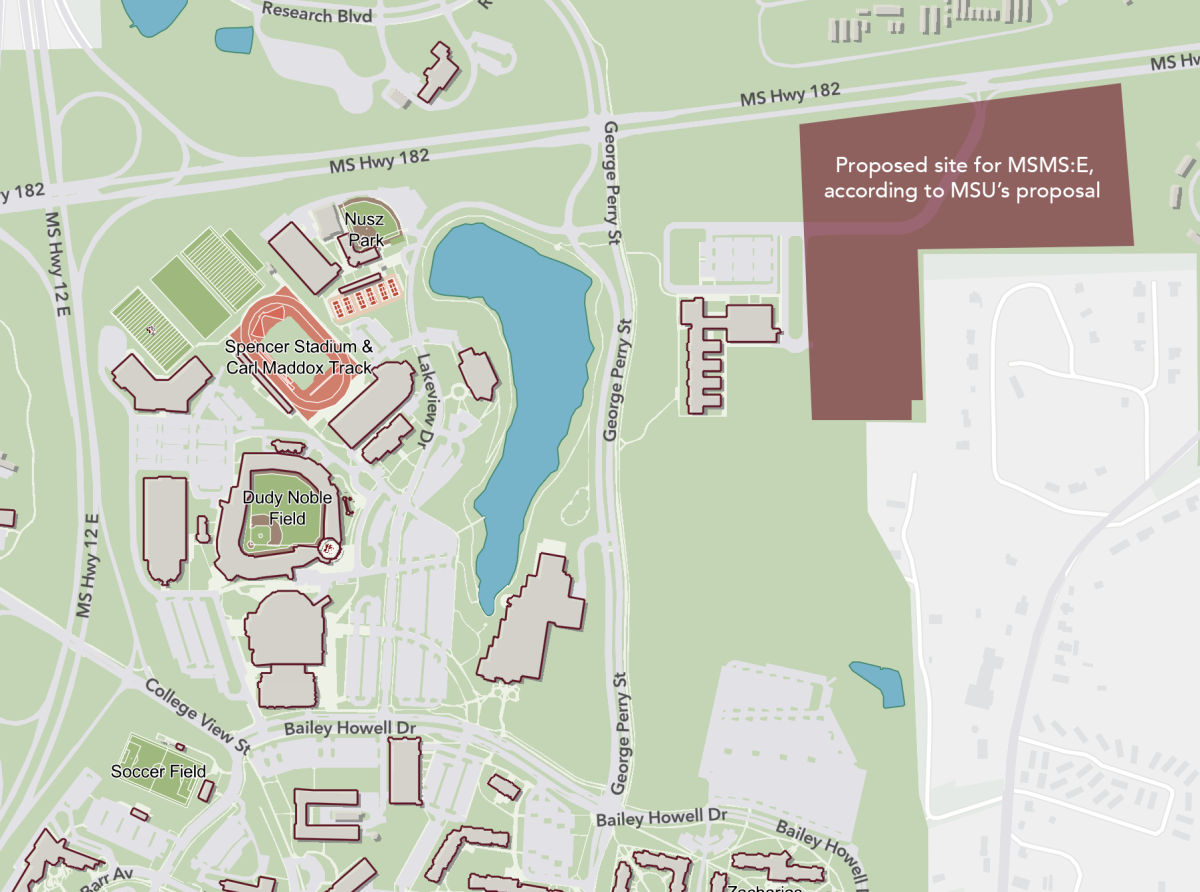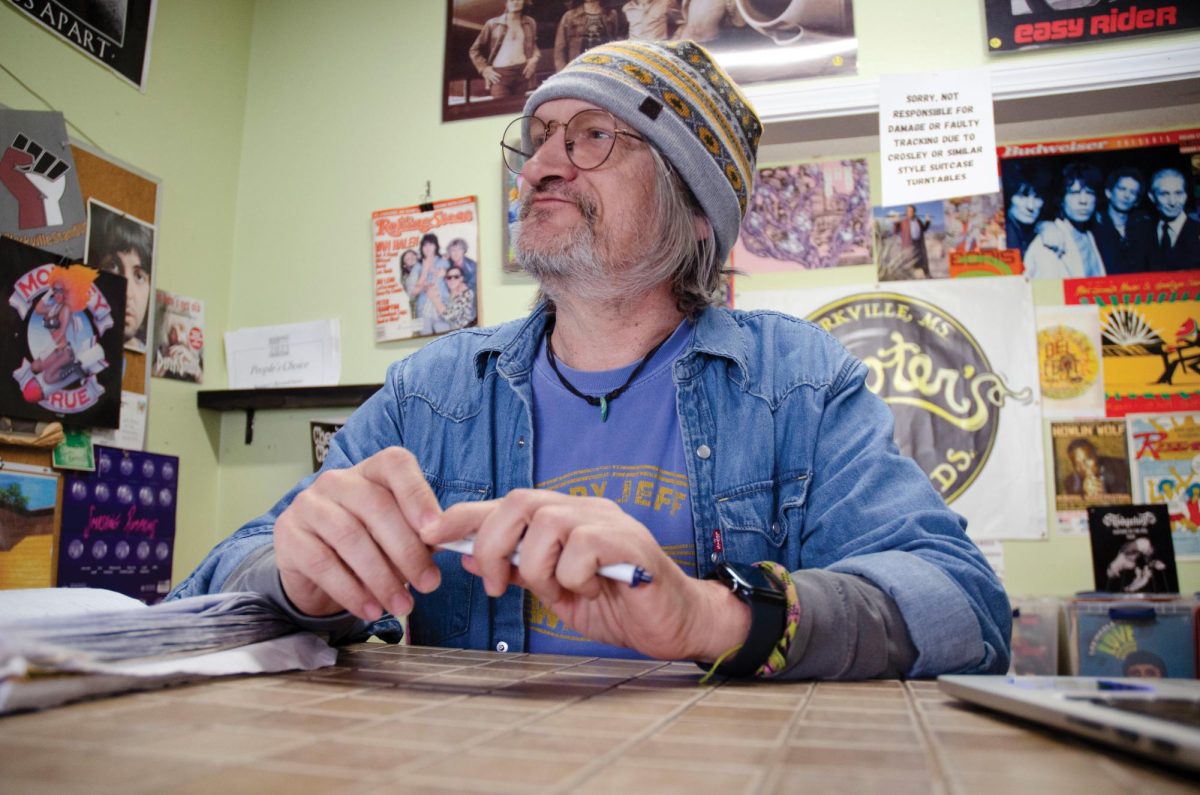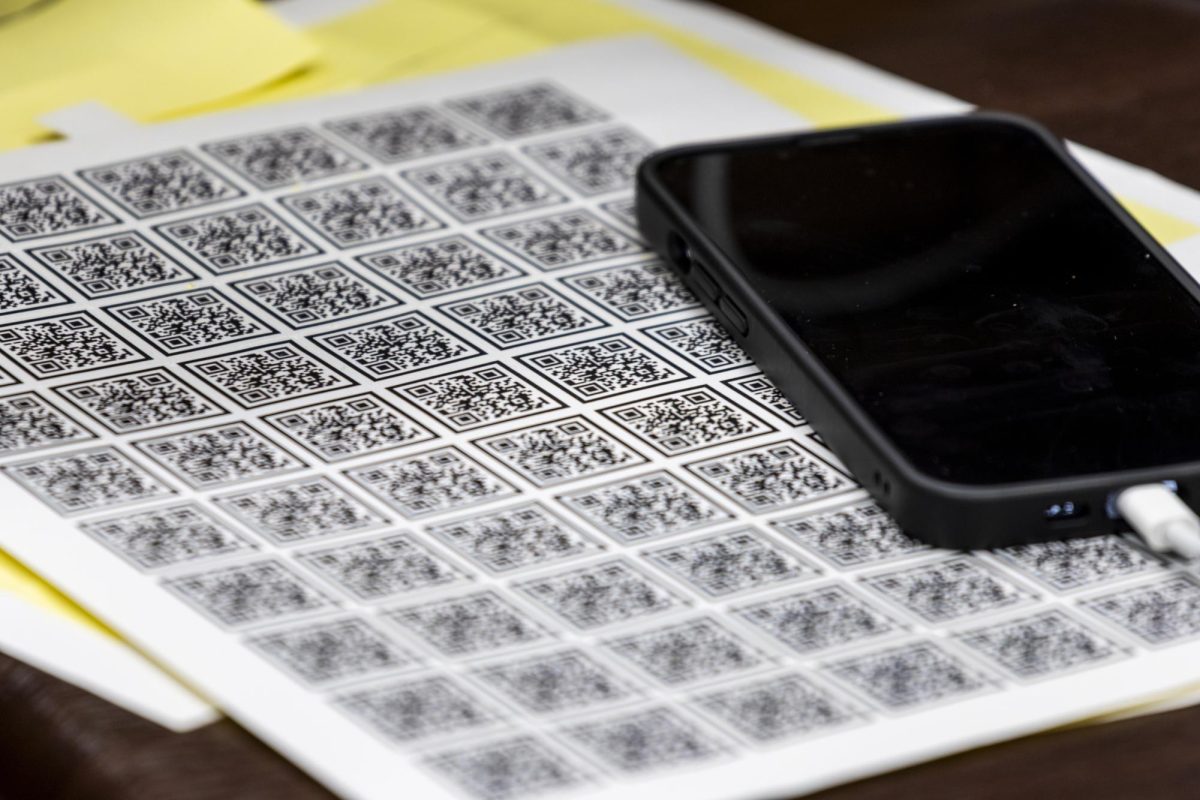Gambling has been romanticized in movies and television for years, and now, it has made its way to college campuses like Mississippi State University.
As technology advances, the gambling world has seen a shift from in-person gameplay to convenient online betting, which has increased gambling addictions by 30% between 2018 and 2021, according to the National Council on Problem Gambling.
Websites and apps like DraftKings, Stake and BetMGM allow users to bet real money in online books and casinos. Mississippi officially legalized betting apps in 2017, and the first retail sports book in Mississippi was opened in August 2018.
However, for many players, their experience with gambling began much earlier.
A junior at MSU and previous Las Vegas resident requested anonymity because he illegally participated in betting in his youth. He recalls his early memories of playing with slot machines at the airport or in gas stations. He explained how this led to his use of online betting apps.
“It’s easy, it’s accessible, it’s on your phone and you can find bookies in any state that will help you find a way to gamble. I bet on sports because you can make any sports game interesting if you put money on the line,” he said.
The sports better thought other students were bad at managing money and are at a very high risk of developing a gambling addiction. He explained his theory on how limited regulations can affect users.
“College students around here are some of the more likely crowd to bet on SEC sports for sure. Neither in person or online betting is regulated enough. There’s not a single casino that turns away people addicted to gambling,” he said.
A 27-year-old bookie from Alabama, who asked that his identity not be shared, takes bets for bettors in his state because it has not been legalized yet. He described how his experience betting while he was younger influenced his decision to become a bookie.
“As time goes on, you start to realize more and more, no matter how good or bad you’re doing, the house seems to always win. So, I switched sides and started taking the bets instead of placing them,” he said in an email to The Reflector.
The bookie implied that betting is rarely beneficial to the bettors. He claimed that gambling has no preferred crowd and encouraged anyone who has money to bet.
“I’ve got 16-year-old high school punks betting with Daddy’s money; I’ve got middle-aged divorcees trying to cover alimony … Gambling doesn’t care if you’re old, young, black, blue, pink, white or orange. All it cares about is green,” he said.
The bookie claimed that gambling addiction was not a problem with the game but rather the people playing it.
“(If) you don’t have the accountability skills to properly manage your money, and you put your money down on my table, that’s on you,” he said.
However, William Blossom, a senior majoring in business information systems, disagreed with the bookie and claimed the problem lies in the system. As a user of Underdog Fantasy, a popular sports betting app, he highlighted the way they take advantage of their players.
“Underdog wraps you in by offering an incentive to players who influence someone else to sign up,” Blossom said.
The app offers money to use for bets in exchange for users convincing their peers to sign up as well.
“Every dollar you put into the app immediately doubles, so they’re fronting you, everything that you put in. Basically, telling you that you can’t beat their odds and take their money,” Blossom said.
One of the more daunting issues with online gambling is its ability to accommodate underage players. Blossom described this phenomenon with his own experience.
“I’m 21 years old; technically, I should only have a year of betting under my belt, but I have four years under my belt,” Blossom said.
Online gambling sites provide a platform that normalizes betting money, even before their users are of legal age. As these risky practices are promoted, players are encouraged to treat their money like a game rather than a real-life necessity.
Blossom explained why he bets, but he emphasized that gambling should only be played responsibly.
“There’s a thrill to gambling. It’s fun, and I understand that, but I don’t understand how people get so hooked on that thrill because money is important and can’t be treated like nothing,” Blossom said.
The National Problem Gambling Helpline Network assists with gambling addictions and can be contacted at 1-800-522-4700.
The reality of gambling in college: Online betting increases gameplay
About the Contributor

Lizzie Tomlin, Staff Writer
Lizzie Tomlin is a senior political science major. Lizzie is currently a staff writer for The Reflector.
0
Donate to The Reflector
Your donation will support the student journalists of Mississippi State University. Your contribution will allow us to purchase equipment and cover our annual website hosting costs.
More to Discover


